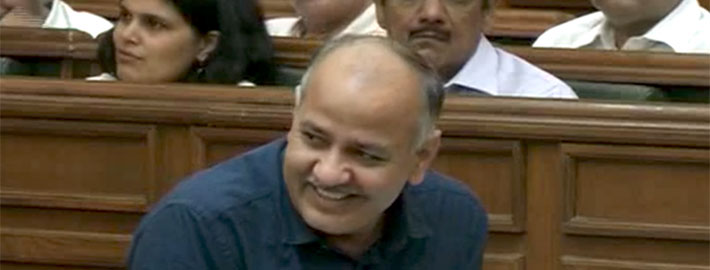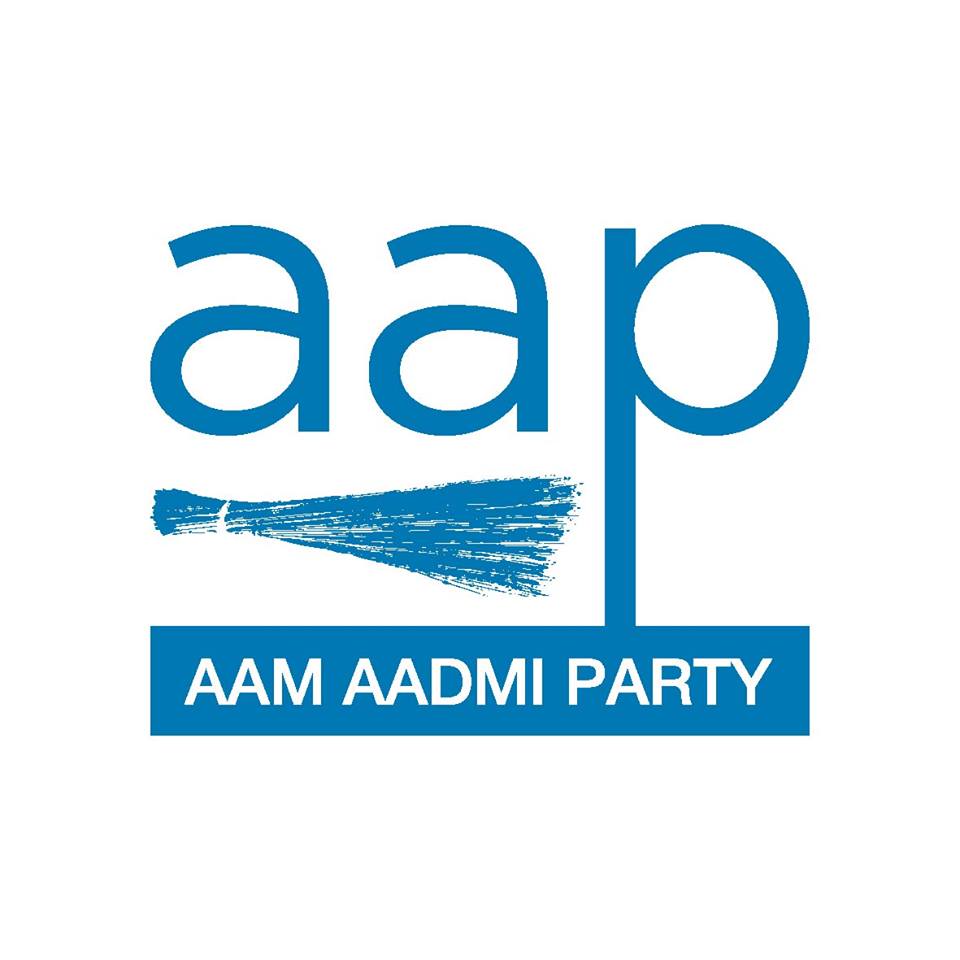
By Manish Sisodia
Watch Delhi’s Deputy CM Manish Sisodia present Delhi’s Outcome Budget in Assembly
(This article originally appeared as the Foreword to Delhi’s Outcome Budget report for 2017-18)
Our government believes that the relationship between a government and its citizens is nothing short of a sacred contract. A contract to deliver the best possible outcomes and benefits to society for the money the taxpayers have contributed. Accountability of the government’s actions therefore is crucial for this contract to be fulfilled.
I am happy to present the first comprehensive “Outcome Budget” of GNCTD, which will prove to be a historic innovation for ushering in transparency and accountability in public spending. It is important to understand why this is an important budgeting reform.
A traditional budget emphasizes only financial outlays for various programmes, and ongoing performance is assessed as expenditure against these outlays. In only few cases, infrastructure or services resulting from that programme are specified in the budget, let alone the eventual benefits or outcomes that citizens care the most about. For example, traditional budgets would typically mention the amount allocated for construction of schools and clinics, but would rarely mention the total number of schools and clinics that will be built, when and where, and will never specify the targeted number of people that these institutions will serve.
Such a budgeting approach falls short on two major counts. First, it ignores the fact that the government is ultimately a custodian of people’s hard earned money. A government’s job should not be to just spend the money within a certain timeframe, but to deliver on the tangible expectations and aspirations that citizens have of their elected governments. Second, traditional budgets tend to be opaque and aren’t amenable to monitoring the quality of spending from outside and even within the government. So far, only the ‘plan’ components of budget were accompanied by description of programme details and physical targets, while the ‘non-plan’ component, which accounted for more than half of the annual budget, escaped such critical review.
The Outcome Budget for Delhi for 2017-18 will attempt to address all these deficiencies. A comprehensive exercise was carried out in the last few months by each department and agency wherein major programmes and schemes (revenue and capital components) were mapped against tangible Outputs i.e. infrastructure or services provided, and Outcomes i.e. how will the people of Delhi benefit from that spending in the short-term. A comprehensive set of quantifiable Output and Outcome indicators have been developed, baseline value for 2016-17 noted and targets for 2017-18 set. Extra attention was paid to ensure indicators are specific, measurable and comparable across similar institutions and programmes e.g. hospitals, colleges, pension schemes etc.
GNCTD has become the first government anywhere in India to carry out such a rigorous exercise of Outcome Budgeting, wherein specific indicators have been linked to budgetary allocations. Due to the large volume of data that will be generated in the coming months, an IT application will be developed to track all these commitments on a quarterly basis based on inputs provided by departments, and in some cases, through independent surveys. We hope this will create an entirely new benchmark for performance management within any government in India.
I have a firm belief that all stakeholders will gain substantially from this exercise. Ministers and senior officials will now use this as a basis to continuously assess the performance of all their activities, and ensure timely course corrections. Programme officials on the implementation front will also benefit since this will provide them an ideal opportunity to share their successes as well as challenges in a transparent manner. But the biggest beneficiary of this exercise will be the people of Delhi. They will now have complete transparency on how their hard earned money is being spent. The Outcome Budget will become the enforcement mechanism for the contract between the citizens and their elected government, and in turn between the government and its departments.
I congratulate all the officials of GNCTD and the Planning department especially for making this effort successful. I also understand that being the first year of such a major exercise, there may be certain shortcomings and our effort will be to continuously improve upon them.
Manish Sisodia is the Deputy Chief Minister and Finance Minister of the Government of NCT of Delhi (GNCTD).


Leave a Comment